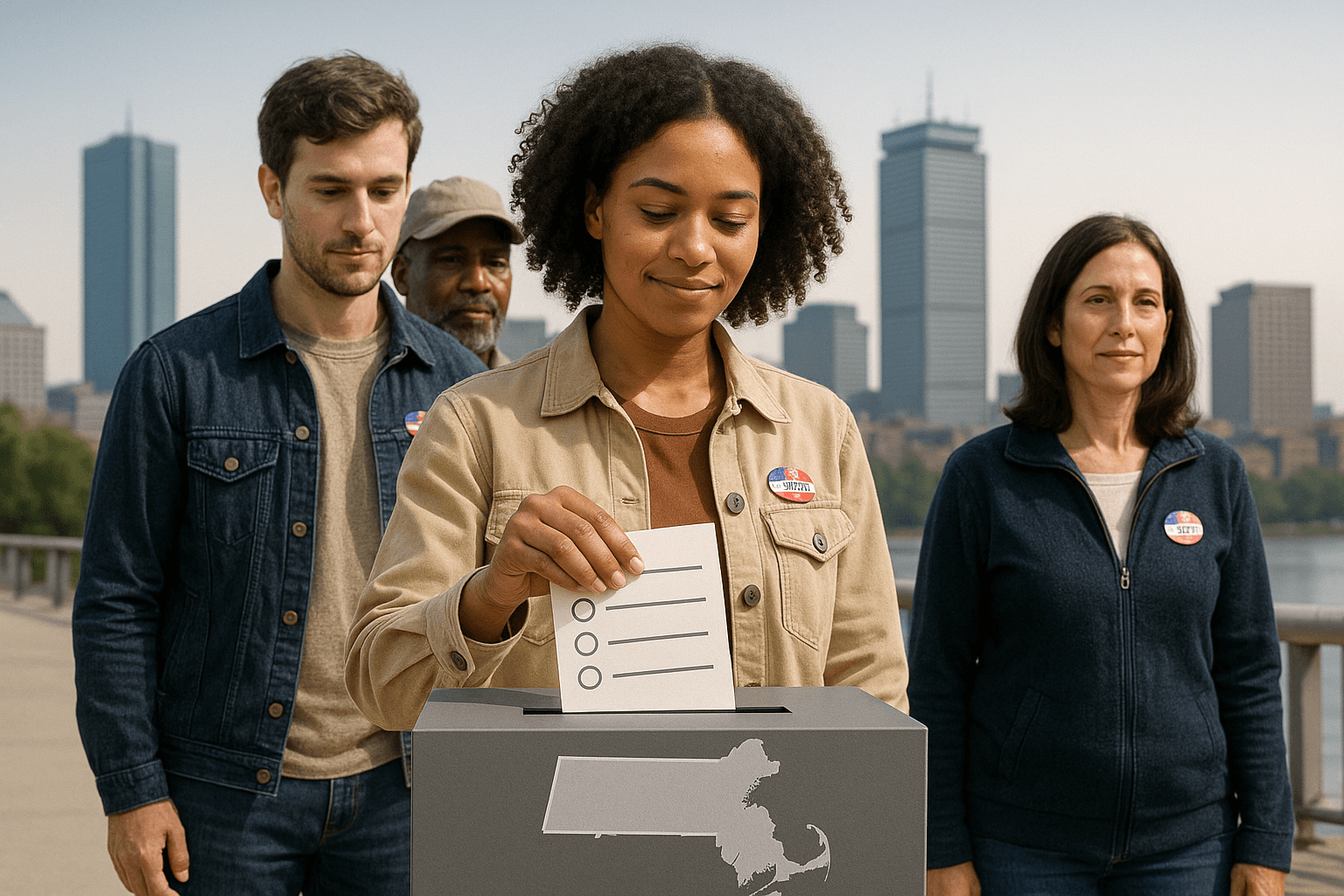Sanders Says Supporters Won Key Battles in Democratic Platform, But Fight Continues

In St. Louis on June 25, a 15-member committee produced the first draft of the Democratic Party's latest political platform. While a significant collaborative effort among the Democratic National Committee and the Hillary Clinton and Bernie Sanders campaigns, the committee was also the site of ideological and political competition as the members debated and shaped the priorities and policies of the party.
Representatives from the two campaigns held a majority of the committee's seats. In a move to placate Sanders and his supporters and to unify the party, the DNC allowed Sanders to choose five of the committee's members: Clinton appointed six, and DNC Chair Debbie Wasserman Schultz selected the remaining four.
On the whole, both sides appeared pleased with the outcome of the draft.
Sanders representative Keith Ellison (D-Minn.), a progressive member of the House, called the platform "the strongest progressive statement to come from the Democratic Party in years," and Maya Harris, a Clinton policy advisor, described the platform as "an ambitious, progressive agenda that all Democrats can and should be proud of."
Indeed, on some issues, the two sides were in general agreement. Both favored the repeal of the Hyde Amendment, which restricts federal funding for abortions, as well the expansion of Social Security benefits.
But on other issues, the two camps differed on how to achieve their shared goals.
On the environment, for instance, the committee agreed that the United States should operate 100% on renewable energy by the year 2050, but the two camps disagreed on how to combat climate change and make the transition away from fossil fuels.
Sanders representative and climate change activist Bill McKibben, for instance, favored amendments calling for the cessation of fracking and the imposition of a carbon tax, but these and other amendments backed by the Sanders representatives were narrowly defeated in 7-6 votes. Clinton representatives preferred instead more moderate measures, including enhancing fuel economy standards, extending tax incentives for the production of clean energy, and using building codes to promote efficient energy use.
The Sanders representatives were also outnumbered on amendments related to foreign policy. DNC official and pro-Palestinian activist James Zogby proposed two amendments that were voted down.
One called for non-aggression against the Assad regime in Syria, including commitments not to impose no-fly zones or safe zones that could result in mission creep and escalating U.S. involvement. The other called on Israel to end its "occupation and illegal settlements" in Palestine.
Despite these disagreements, the two sides did agree on basic fundamentals, including the desire to see a two-state solution and a condemnation of Palestinian terrorism.
On other matters, however, the Sanders appointees succeeded in moving the platform further to the left.
Regarding the economy, for instance, the committee approved amendments backing a $15 national minimum wage and the passage of a modern Glass-Steagall bill to reinstate a firewall between commercial and investment banking, two policies that Clinton opposed in her debates with Sanders. The committee also inserted a plank into the platform calling for the abolition of the death penalty, a punishment that Sanders opposes outright and which Clinton endorses only in the case of "heinous crimes."
Given these progressive changes, Sanders claimed that his supporters had "won some very important victories." Yet Sanders also lamented that they had "lost some very important fights."
Among these losses were calls for a single-payer, "Medicare-for-all" health care plan and an opposition to the Trans-Pacific Partnership (TPP). Instead, the committee settled for a more mild public health insurance option and the acknowledgment of "a diversity of views in the party" on the TPP free trade agreement.
While the initial draft of the 15,000-word platform has been completed, the text is not finished. On July 8 and 9, 187 delegates will attend the meeting of the full platform committee in Orlando. The platform that comes out of that meeting will then be debated and finalized at the Democratic National Convention, which takes place in Philadelphia between July 25 and 28.
Sanders has pledged to take his movement's fight over the Democratic Party platform to the very end.
"We're going to take that fight to Orlando, where the entire committee meets in two weeks," he said on CNN after the St. Louis meeting wrapped up. "And if we don't succeed there, we're certainly going to take it to the floor of the Democratic convention."
Photo Credit: Joseph Sohm / Shutterstock.com




